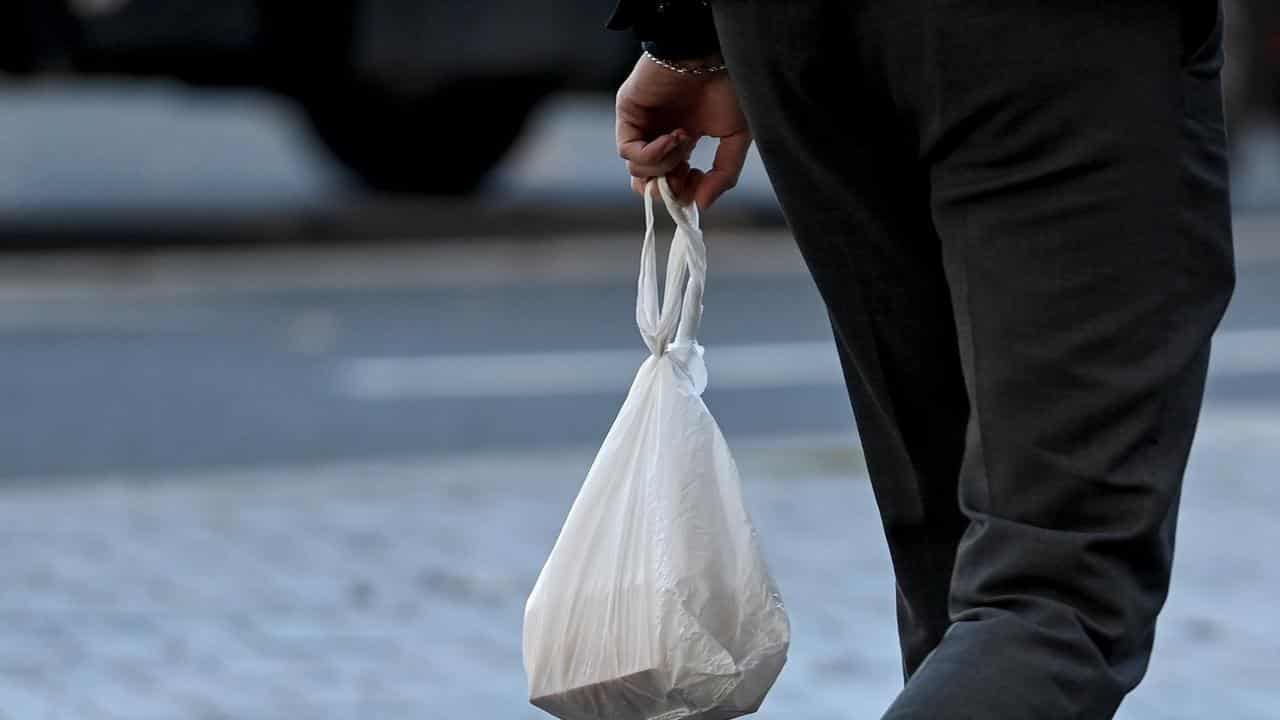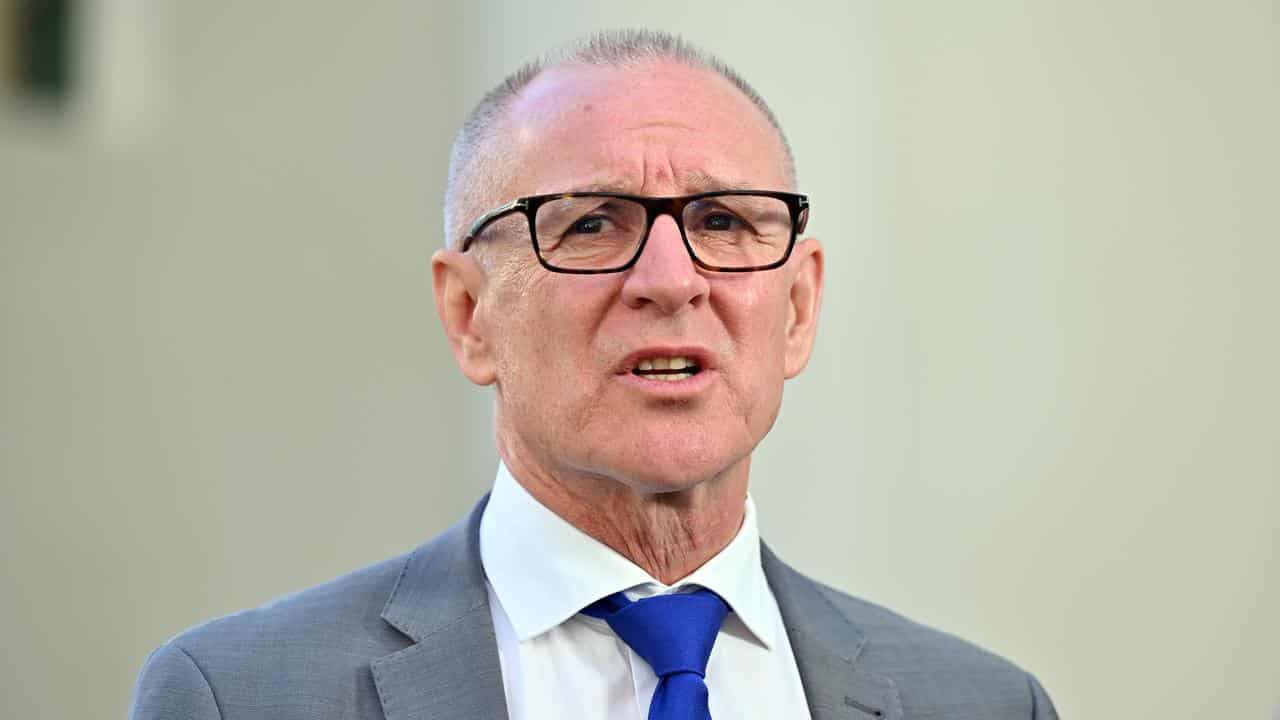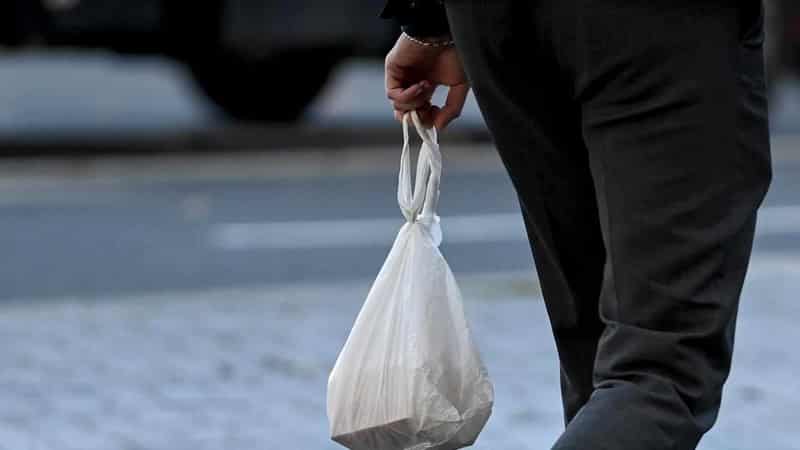
Exposure to chemicals found in common plastics increases health risks across the human life cycle and is a “red flag for the world”, experts have warned.
A collaboration between international research organisation JBI, at the University of Adelaide, and the Minderoo Foundation has consolidated vast amounts of research into a single source that pinpoints a wide range of alarming risks to health.
"This research categorically proves that none of the examined chemicals – which are found in plastic items people use every single day and are known to infiltrate our bodies – can be considered safe,” Professor Sarah Dunlop, Minderoo Foundation’s Head of Plastics and Human Health, said.
“This is a red flag for the world. We must minimise our exposure to these plastic chemicals, as well as the many that haven’t yet been assessed for human health outcomes but are known to be toxic.”
The findings, published on Tuesday, will boost calls to regulate plastics, ahead of talks in Busan, South Korea, in November, to negotiate a Global Plastics Treaty.
Because plastics are an inescapable part of modern living, urgent action is required to understand and limit their risks, paediatrician and study co-author Christos Symeonides said.
“This review … provides a powerful state-of-play on how several classes of chemicals we are exposed to via plastics are consistently linked with disease, disability and premature death,” he said.
The umbrella review found exposure to plastic-associated chemicals was linked to a wide range of negative health outcomes before birth, at birth, in childhood and for adults.
Associate Professor Edoardo Aromataris, the director of synthesis science at JBI, said consistent, statistically significant (95 per cent) evidence was found for harm for each of the chemical classes.
“None of the plastic-associated chemicals examined in the umbrella review can be considered safe, with multiple harmful health effects linked to each chemical class,” Prof Aromataris said.

Minderoo Foundation Director Jay Weatherill said when faced with similar discoveries from other chemicals, including mercury, the world had come together and agreed to a framework to protect human health.
“This is the chance for countries to do the same and protect the health of their citizens by agreeing on a list of chemicals to be included in the (Global Plastics) Treaty,” he said.
Mr Weatherill said there had been significant opposition to the treaty by countries that produced plastic and the petrochemical industry.
“They argue that reducing consumer demand and recycling are sufficient responses to this crisis," he said.
"This is a fallacy. We cannot recycle our way out."









